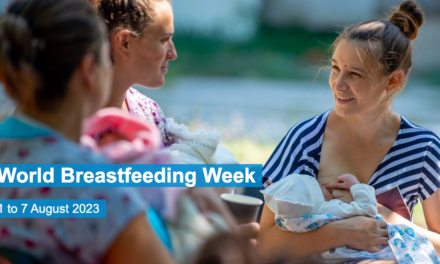A comprehensive study conducted by researchers at the Center for Injury Research and Policy of the Abigail Wexner Research Institute at Nationwide Children’s Hospital and the Central Ohio Poison Center sheds light on concerning trends in exposures to liquid laundry detergent packets. While the study identifies a decline in incidents involving children under six years old, an alarming surge in exposures is observed among older children, teens, and adults.
Published in Clinical Toxicology, the study highlights that over the most recent three years of analysis, U.S. poison centers received 36,279 calls related to liquid laundry detergent packet exposures, averaging to one call every 44 minutes. The majority of incidents involved children under six years old (87%), occurred at residences (99%), and involved a single substance (97%). Despite a decline, the study reports that approximately 6% of single-substance exposures resulted in serious medical outcomes, with nine fatalities recorded during the study period, all involving adults, seven of whom were over 70 years old.
The research emphasizes the limitations of the voluntary safety standard, ASTM Standard Safety Specification for Liquid Laundry Packets, implemented in 2015 and minimally updated in March 2022. Experts, including senior author Dr. Christopher Gaw, an emergency medicine physician at Nationwide Children’s, express concerns that the standard falls short in adequately safeguarding children from unintentional exposures. Dr. Gaw notes, “There is still room for improvement.”
The study suggests that one reason for the persistent risks among young children is the variability allowed by the voluntary safety standard, which permits manufacturers to achieve child-resistant containers in six different ways. Advocates argue that adopting the Poison Prevention Packaging Act (PPPA) of 1970, a proven effective method, would be a critical step in enhancing child safety. Dr. Gary Smith, co-author and director of the Center for Injury Research and Policy at Nationwide Children’s, underscores the importance of requiring PPPA-compliant packaging and individual child-resistant wrapping for each laundry packet.
Liquid laundry detergent packets are recognized as more toxic than traditional liquid and powder detergents, necessitating urgent research into reformulating their contents to reduce toxicity. The study emphasizes the need for continued counseling by pediatricians and healthcare providers on the hazards of laundry detergent packet exposures and the importance of safe storage practices.
Dr. Gaw urges families with young children or vulnerable adults to opt for traditional laundry detergents, emphasizing, “If you have young children or vulnerable adults in your home, using traditional laundry detergents is a safer alternative.” The study’s findings emphasize the need for further action to mitigate the risks associated with liquid laundry detergent packets, ensuring the safety of households across the nation.











